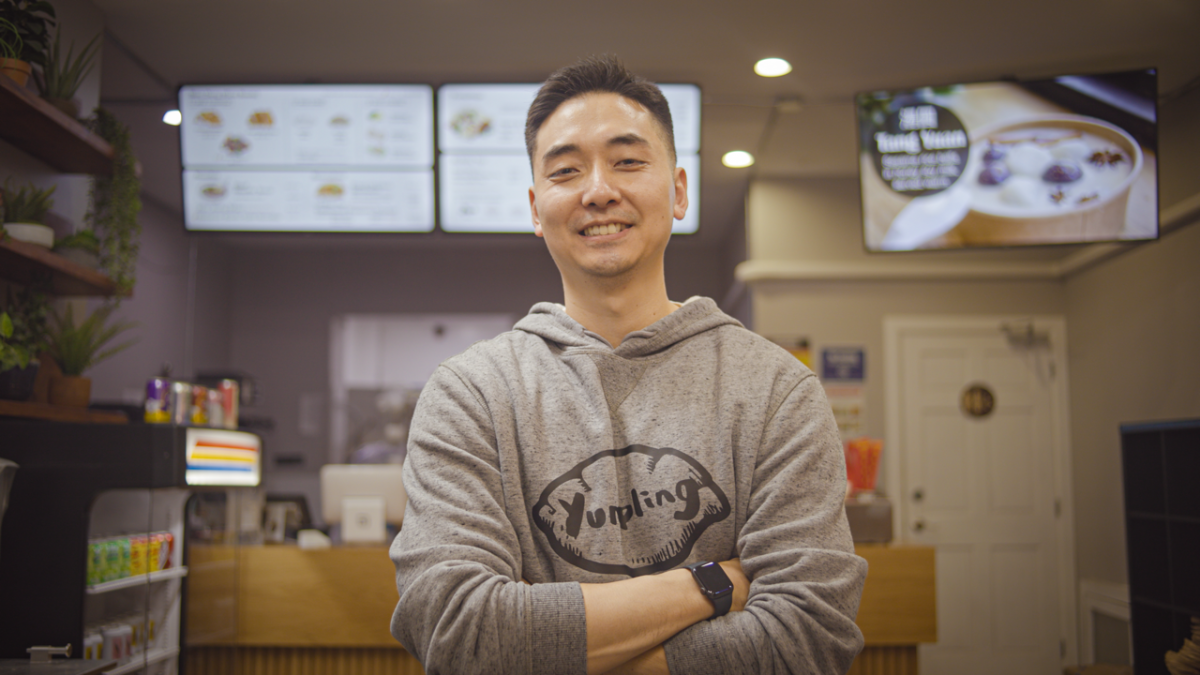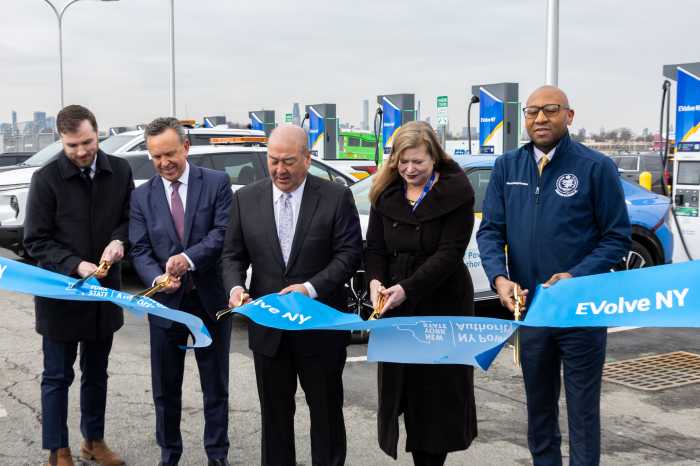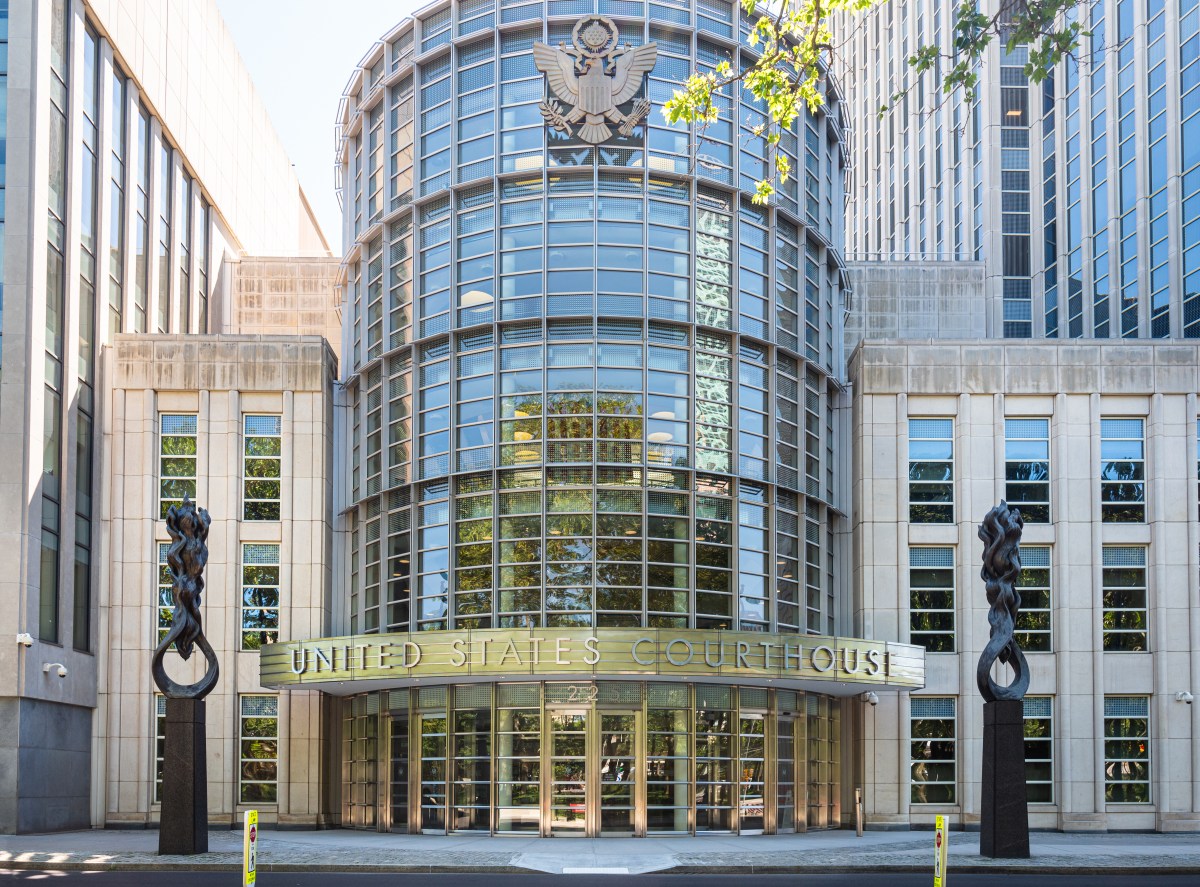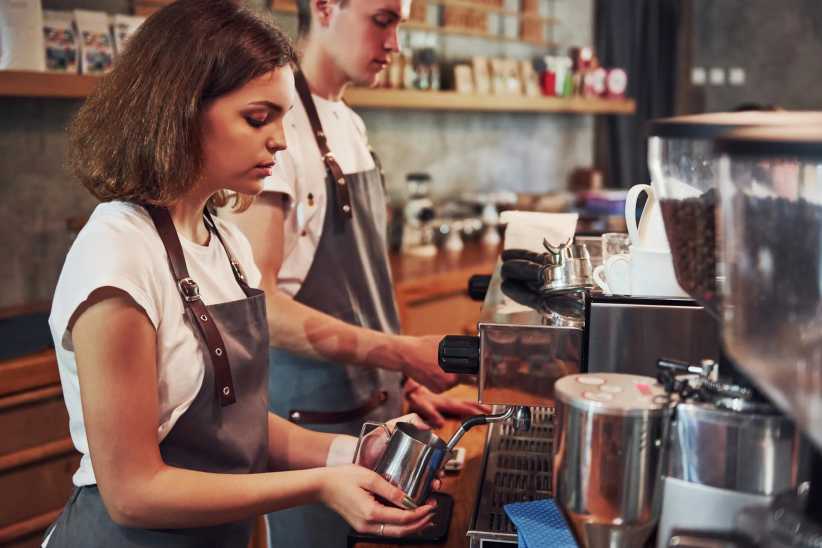Steamed, boiled, fried, filled with meat or veggies or even soup; there are perhaps as many types of dumplings as there are different cultures in New York City. At Yumpling, my restaurant in Long Island City, Queens, we built our reputation with our own take on this versatile dish, by filling it with pork and chives and making the dough exterior thicker and fluffier than its traditional Taiwanese counterpart.
Of the many dumpling options to choose from, we are grateful to have customers who support us and who share our taste in food.
This assumes we can reach those customers. COVID painfully taught us that this cannot, and should not, be taken for granted. As the world still reels from the effects of the pandemic, it is more important than ever for restaurants to have the flexibility and autonomy to make decisions about how they capture the attention of new customers.
A bill before the City Council attempts to address this, making it so that restaurants would be able to set their own marketing rates on the delivery apps. The higher the marketing rate, the more marketing services a restaurant would receives from these apps.
When we started Yumpling — first as a small stand at a local flea market and then as a food truck – we had no way to deliver and no budget for marketing. Instead, we focused on making delicious Taiwanese food and providing great customer service in the hopes that word would spread. Fortunately, our strategy worked and we steadily built a following, which culminated in the opening of our restaurant in 2020.
Unfortunately, one week before our restaurant’s grand opening, NYC announced that all restaurants would have to shut down due to COVID. Although we eventually opened several months later, the pandemic completely transformed the way we approached our business, both from an operational standpoint and a marketing one. We realized we would have to prioritize two things: 1) plan for much higher delivery volume because many customers were afraid to leave their homes; 2) make it easier for customers to find us online.
That meant signing up for one of the prevailing delivery apps, which have become a fixture on smartphones everywhere. We initially signed up for just one delivery app to ensure we weren’t overextending ourselves as we acclimated ourselves to an entirely new system, and soon joined others as well.
Today, more than half of our total revenue comes from the use of these delivery platforms. Simply put, we would not have survived the pandemic without them, and I imagine that many other local restaurants share this sentiment.
This is especially true for restaurants like ours that serve food that may not be familiar to everyone. This is precisely where the delivery apps shine brightest – by lowering the barrier to entry for new customers, allowing them to explore new cuisines from multiple restaurants without having to commit to any single one. Furthermore, the increased visibility that a restaurant attains on a delivery app is arguably more effective, and much cheaper, than traditional marketing campaigns.
Allowing an adjustable marketing rate would give restaurant owners the freedom to allocate as little or as much of their budget towards marketing as they see fit. A brand-new restaurant may opt for a higher rate to get their name out there, while an established restaurant may choose a lower rate because they already have strong name recognition.
And that’s what this is all about – choice. When restaurant owners are given more choices, they are able to tailor each and every decision to best suit their own business needs because no two restaurants are the same. Imposing a blanket solution upon the entire industry precludes those restaurants that have different marketing needs from allocating their resources where they would have the most impact.
I, for one, believe we should empower restaurant owners with choice.
Howie Jeon is the owner of Yumpling, a restaurant in Long Island City.


































